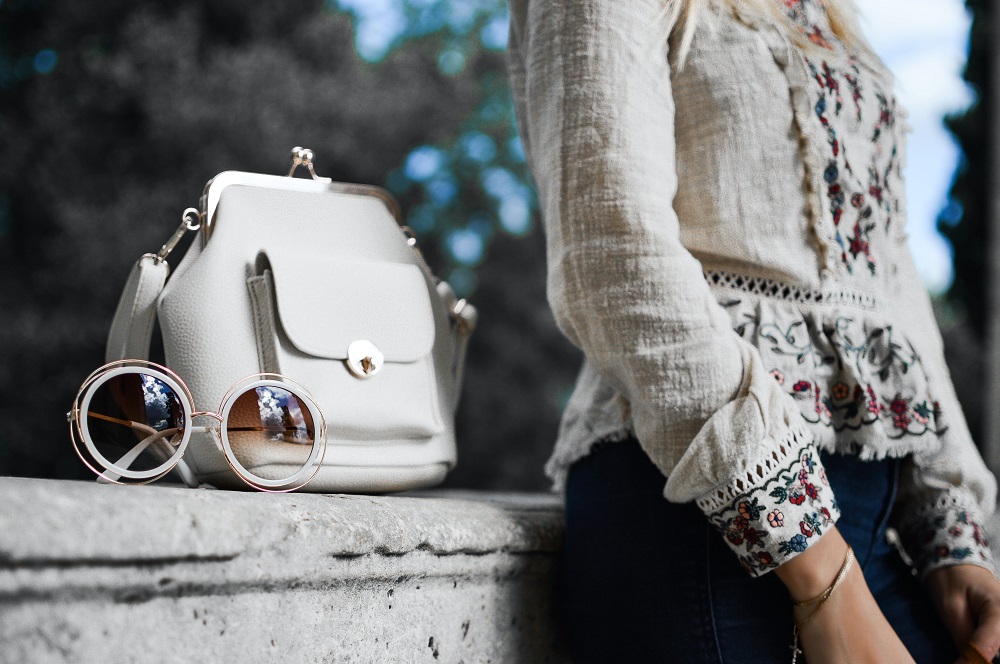The world of fashion is facing many pressing issues today. The industry has been notorious for its negative environmental and social impact. Over the years, the industry has been scrutinized for its impact on sustainability due to climate change, plastic pollution, deforestation, and the loss of coral reefs and biodiversity.
With sustainable fashion becoming more popular globally, brands are presenting new ways to present their consumers with ethical fashion options. When designing apparel, sustainable fashion manufacturers place both people and the environment in mind to limit their environmental impact whenever possible. Their goal today is to eliminate their carbon footprints while keeping equity for their associated stakeholders.
But with consumer preferences changing, brands are exploring and presenting ethical and sustainable fashion options. The latest trends in fashion and sustainability in 2023 will enable brands to explore and create a more sustainable future for the industry.
What practices will the brand incorporate to design the most ethical and sustainable fashion in 2023?
What challenges will they need to overcome to achieve this goal?
Keep reading to find out!

Read more: The Growing Significance of Technology as a Sustainable Business Asset
Sustainable Fashion Trends in 2023
Sustainable fashion brands are now designing clothing with people and the environment in mind, minimizing environmental effects whenever feasible with the goal of eliminating carbon footprints while maintaining fairness for all the related stakeholders as much as possible. In 2023, sustainable fashion trends will be focused on reducing the impact of the fashion industry and its practices on the environment. Here are some key trends to watch for in 2023.
-
New Practices of Sustainable Production
The fashion industry is employing the use of less water and energy in the production of clothing. And with that becoming an increasingly important practice, brands are incorporating new measures to present their consumers with ethical fashion. They are implementing sustainable practices for production, like utilizing low-impact dyes, recycling water, and reducing carbon emissions. A recent report presented by the Environmental Protection Agency highlighted that the textile industry alone is responsible for more than 8% of global greenhouse gas emissions.
-
The Rise of Circular Fashion
Circular fashion involves designing clothes to be reused, recycled, and repurposed. Brands are now exploring new ways to make clothes that are durable and can be worn for longer. The Global Fashion Agenda report presented that the circular economy in fashion is estimated to be worth $4.5 trillion by 2030.
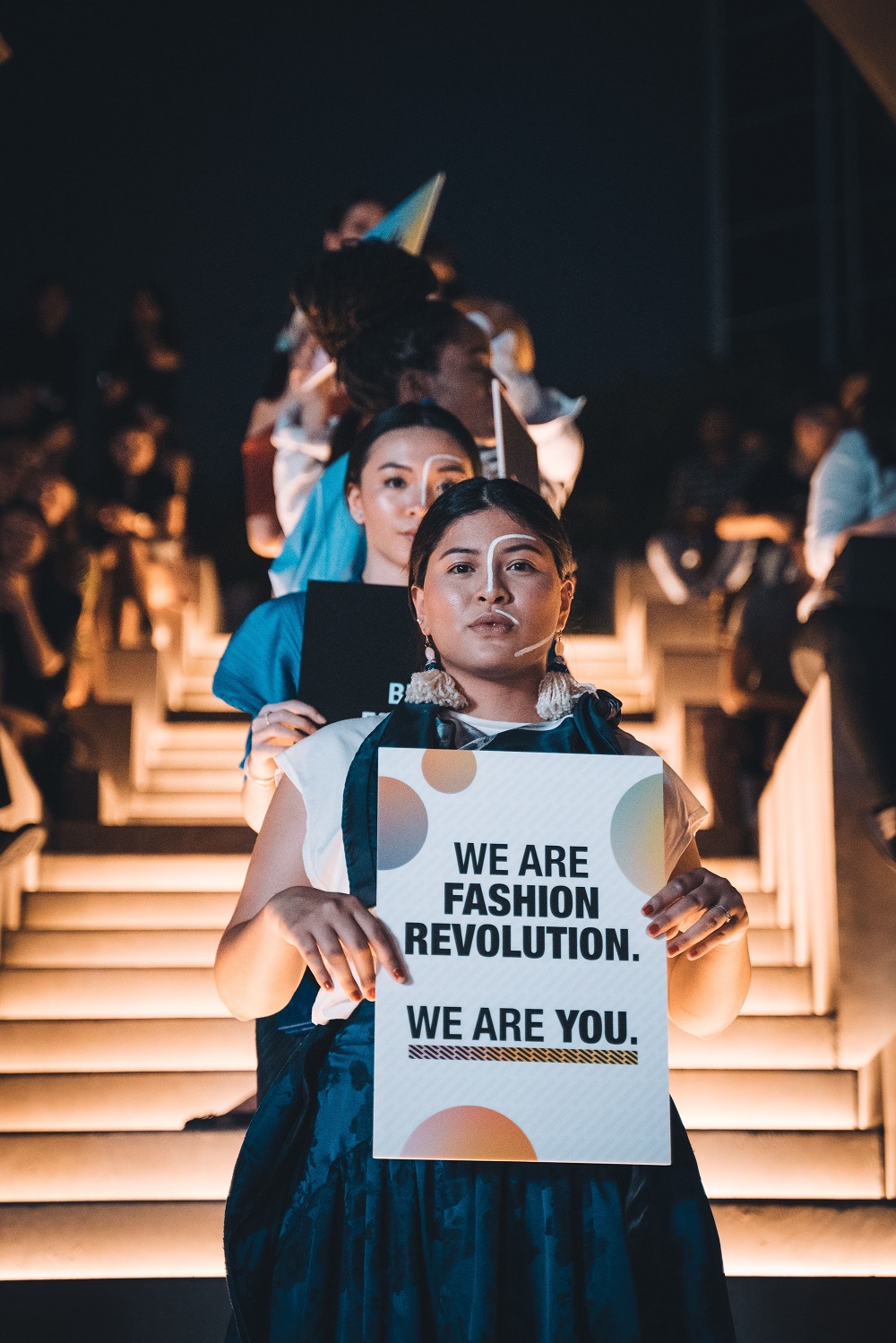
-
Repurposing & Upcycling
Repurposing existing fabrics to design and create new clothing is emerging as a more popular trend in the industry. Brands are utilizing different upcycled materials, like vintage textiles, to design new clothing. The Ellen MacArthur Foundation report presented that upcycling can help reduce the fashion industry's environmental impact by up to 30%.
Read more: Sustainability Outlook: Top Emerging Trends in 2023 and Beyond
-
Ethical and Transparent Manufacturing
Consumers today are becoming increasingly interested in understanding where their clothes come from and how they are made. Due to this, brands are now responding to their consumers by being more transparent about their supply chains and implementing ethical manufacturing practices. According to a recent survey, around 69% of consumers are showing interest in paying more for eco-friendly and sustainable products.
-
Green Practices and Regulation
The year 2023 is expected to be marked by an increase in green regulations and practices in the supply chain for the fashion industry. In 2022, the European Commission (EC) launched a new strategy for circular and sustainable textiles, highlighting the significance of working toward implementing a digital passport for all physical goods. This measure will not only help in bringing more transparency to markets, but it will oblige suppliers, especially textile goods. By introducing electronic labels, brands can help buyers gain a clear, reliable, and easy understanding of the products they consume and how to maintain them. In addition, new regulations are being introduced to foster a sustainable fashion environment on the following issues:
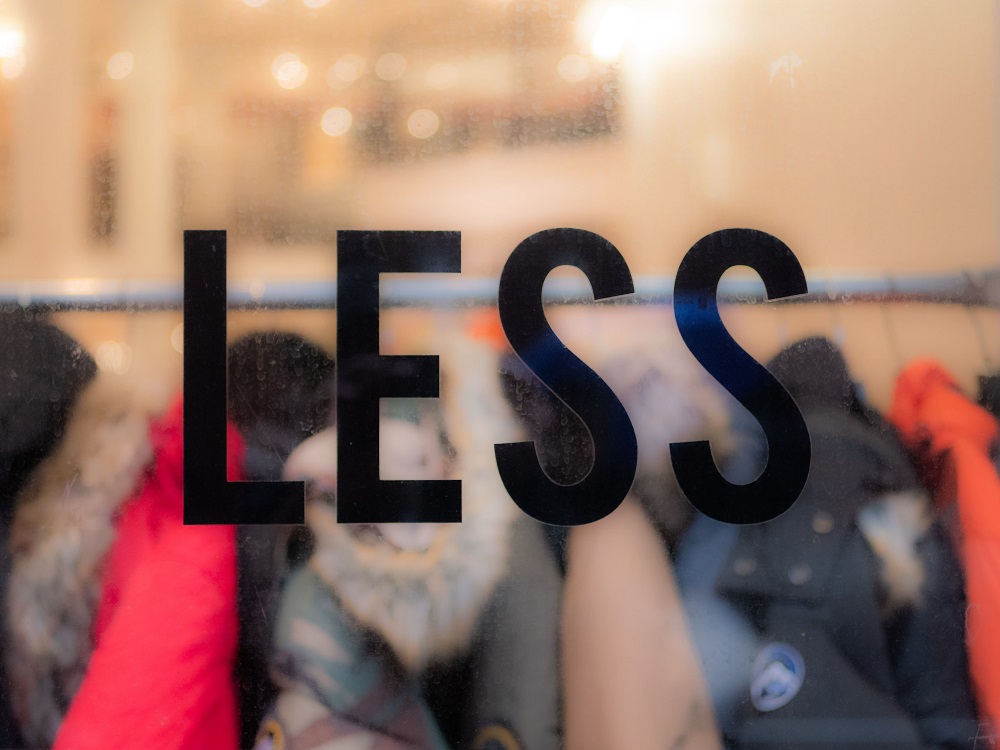
-
Pollution: While 2022 saw a delay in placing pressure on government organizations to reduce pollution caused by the fashion industry, strict limits are expected to be imposed in 2023, along with more policies from governments to curb global warming.
-
Greenwashing: Governments are imposing new laws to ban claims such as green or eco-friendly missed by brands that are not backed by environmental evidence.
-
Waste management: new bans have been proposed to destroy unsold products and obligations to publish the number of products destroyed by major brands. They need to be more of their textile surplus to curb overproduction.
Read more: Next In: Enterprise Sustainability Investments in Technology
-
Integration of Data and Artificial Intelligence (AI)
The efficient use of data and technology is enabling brands to fuel a sustainable future for the fashion industry. The top three areas that AI has helps in enhancing operations include-
AI is dramatically helping in reducing carbon footprint by up to 30% by designing digital samples and replacing physical garments in the design and development phases. The use of advanced data analytics and machine learning (ML) is enabling brands to better predict fashion trends and customer behavior as well as sales and reduce the number of unsold clothing items each season. AI has also enabled brands to introduce virtual fitting rooms and better styling services to their consumers for precise sizing, thus reducing returns and improving customer experience.
-
Renting: An Alternative to Buying
Another alternative that the fashion industry is trying to explore to cut down on their pricey fashion is to rent clothes. Rather than purchasing high-end fashion, consumers can rent and save up a lot of their money while protecting the environment as well as employees in the fashion supply chain. This is perceived as a preferable alternative when searching for unique apparel, wedding gowns, or even children’s clothing.
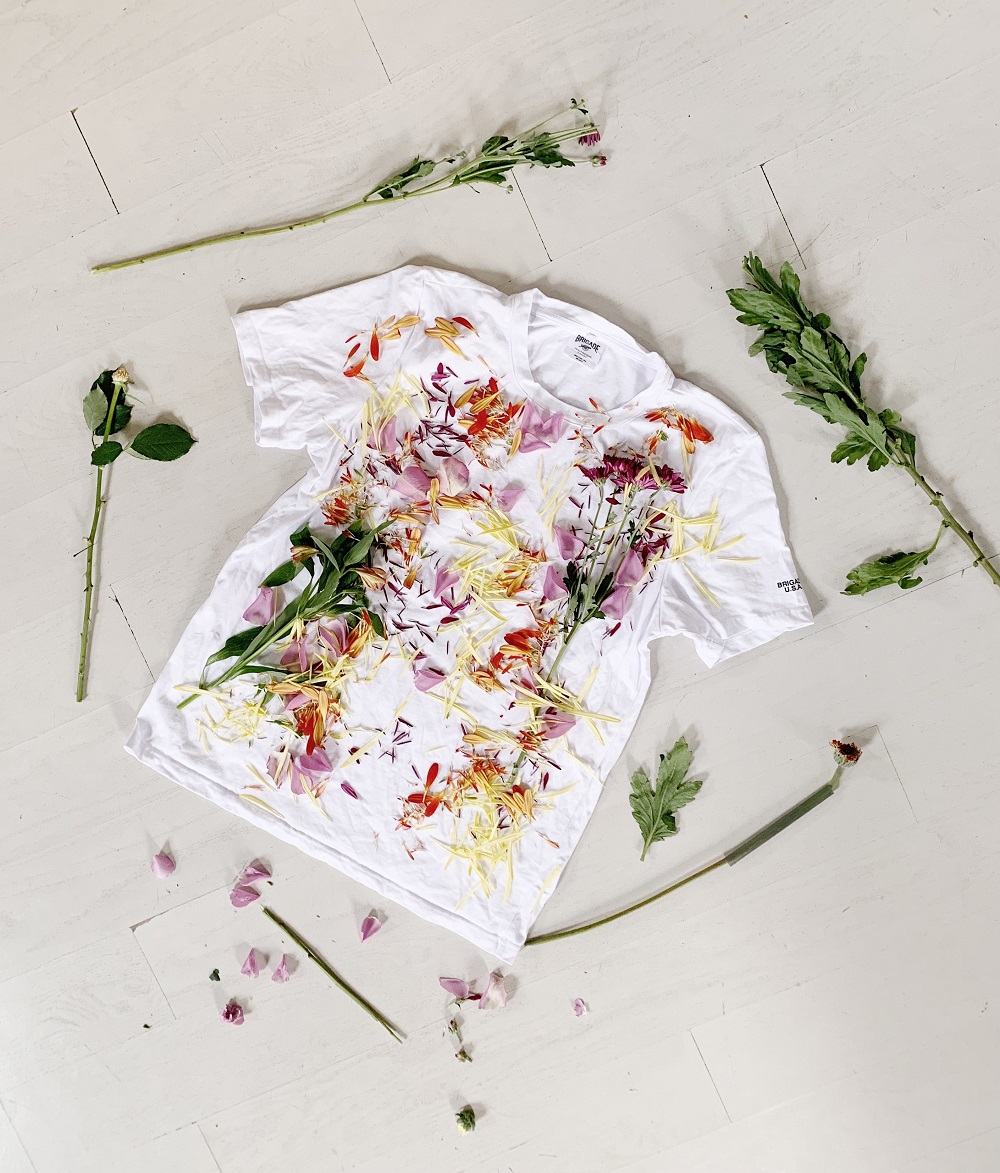
Today, many fashion rental firms are offering consumers subscription services for consumers who want to replace their garments regularly. With the sustainable fashion bandwagon operating at top speed, many rental stores and fashion libraries are sprouting up. Many top designers are also collaborating with rental firms to offer their customers the option to wear their items for a fraction of the cost.
Read more: Aligning ESG with Corporate Strategy to Gain a Competitive Advantage
Final Thoughts
As per the International Labor Organization report, there are 40 million garment workers worldwide. Women between 18 and 35 years of age constitute 80% of the workforce. Many are paid less than the minimum wage and must work very long hours. However, during all the doom, one good news is that many of these concerns are now being tackled in many ways through sustainable fashion.
Sustainable fashion is gaining popularity in the global fashion industry. From climate change to plastic pollution, deforestation, and overproduction, the industry is under a sustainable microscope. As the typical individual today is aware of how much the fashion business contributes to carbon emissions and the growing climate problem, the sector is on a journey to reinvent itself.
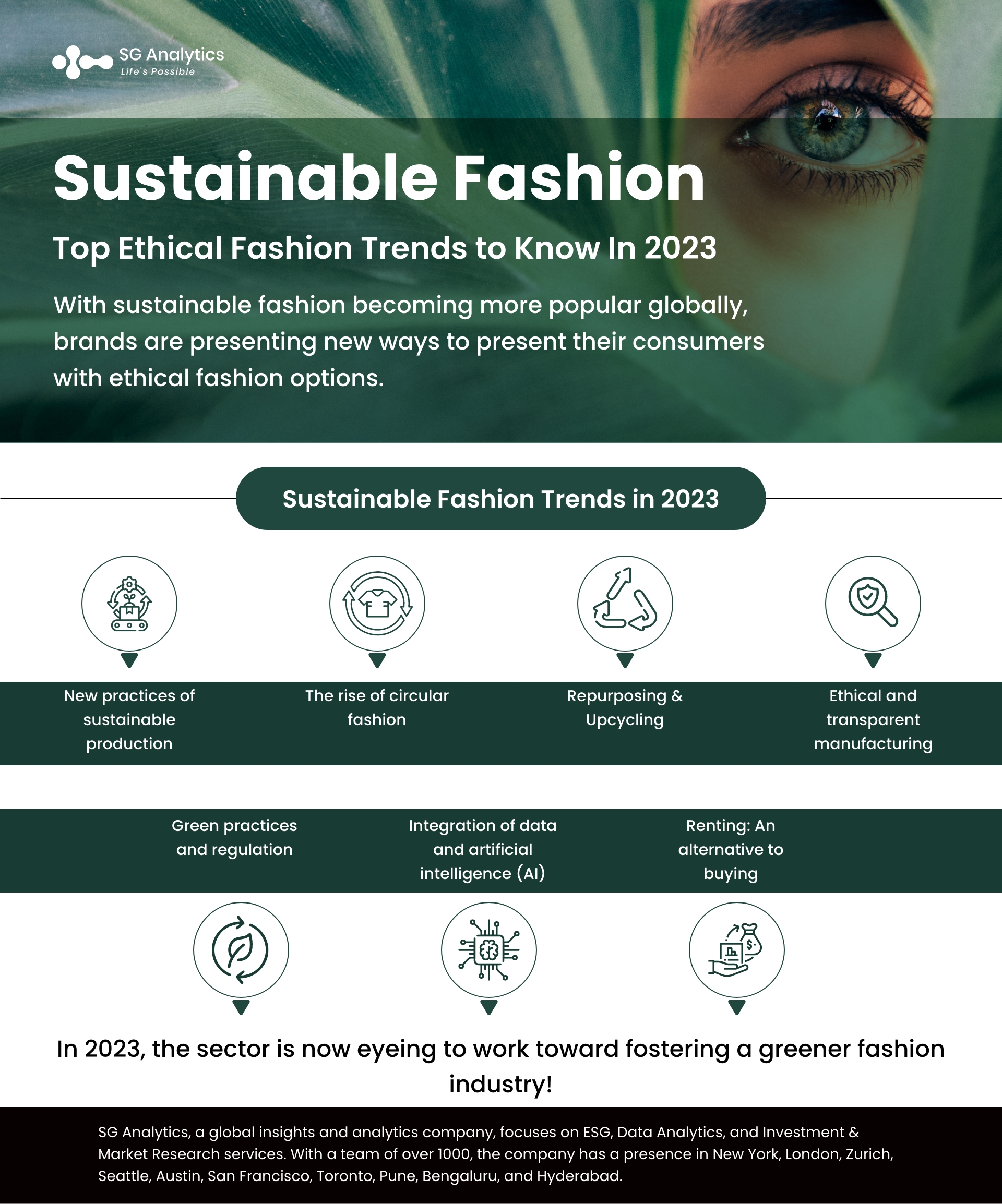
It is therefore important to understand that sustainable and ethical fashion is not a trend but a crucial step to addressing the environmental and social impact of the industry. And with consumers increasingly exploring sustainable options, brands are responding by integrating sustainable practices into the lifecycle of their products. The sector is now eyeing to work toward fostering a greener fashion industry!
In 2023, sustainable fashion trends are set to focus on reducing the negative impact of the fashion industry on the environment and including eco-friendly materials in their manufacturing, like organic cotton and bamboo. They are now implementing sustainable practices to increase the focus on circular fashion and promote reused, recycled, or repurposed fashion.
With a presence in New York, San Francisco, Austin, Seattle, Toronto, London, Zurich, Pune, Bengaluru, and Hyderabad, SG Analytics, a pioneer in Research and Analytics, offers tailor-made services to enterprises worldwide.
A leader in ESG Services, SG Analytics offers bespoke sustainability consulting services and research support for informed decision-making. Contact us today if you are in search of an efficient ESG integration and management solution provider to boost your sustainable performance.


